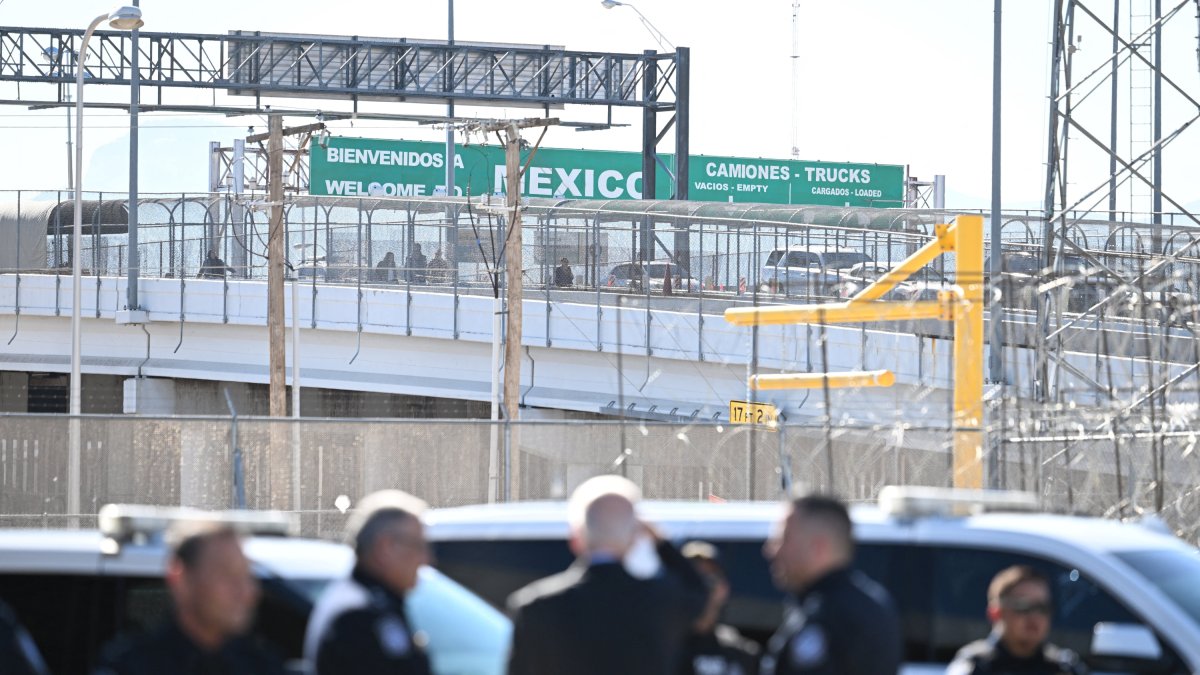ANALYSIS.
From Mexico to Russia, the surprising absences in the list of reciprocal tariffs
The Trump administration excluded countries subject to international economic sanctions and neighboring countries on both borders, where the 25% fentanyl tariffs will begin to be applied.

Image of the border with Mexico
The Trump administration's announcement of reciprocal tariffs highlighted several notable absences. The 180 countries and territories affected by the new tariffs do not include Mexico, Canada, Russia, Belarus, Cuba, and North Korea.
Treasury Secretary Scott Bessent later explained that this was not a slip of the tongue, but rather a reflection of the U.S. trade relationship with each of these countries.
Cuba, Russia, North Korea and Belarus are out because of international sanctions
In this regard, Bessent pointed out that Russia, Belarus, Cuba, and North Korea do not appear on the list because, according to the Treasury Secretary, the U.S. does not have "significant" trade relations with them due to the international sanctions imposed on these countries.
However, Iran, which is also subject to international and U.S. sanctions, will be affected by the new tariffs, receiving a 10% tax on its products.
Canada and Mexico face the end of the 25% tariff exemption for fentanyl
In the case of Canada and Mexico, the reason for not imposing reciprocal tariffs could be found in the USMCA free trade agreement. However, the Trump administration will maintain the tariffs on imports of steel, aluminum, and vehicles that had already been announced.
Mexico's president was quick to react. During her morning press conference, Claudia Sheinbaum celebrated that her country has been spared the reciprocal tariffs set by Trump, attributing this to the strong bilateral relations between the two nations.
"That's good for the country," Sheinbaum said. "That has allowed Mexico to avoid additional tariffs and it also reflects the strength of our government."
However, as reported by The Wall Street Journal, Mexico and Canada will face the end of the exemption (on April 2) from the 25% tariffs on their goods and 10% on their energy. These tariffs were imposed by Trump in February, citing the lack of involvement from these governments in ending the trafficking of fentanyl that reaches the U.S. through both borders.
























